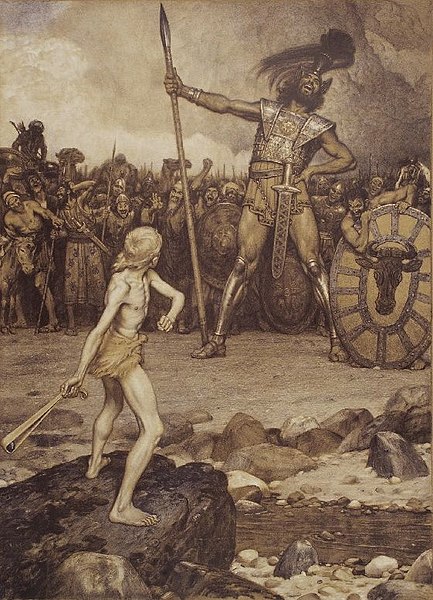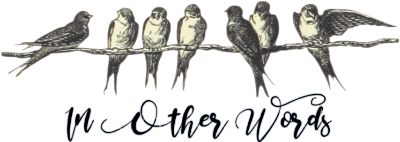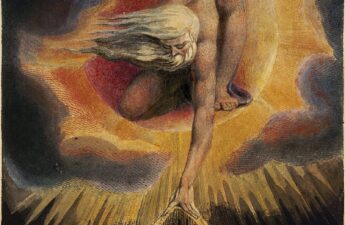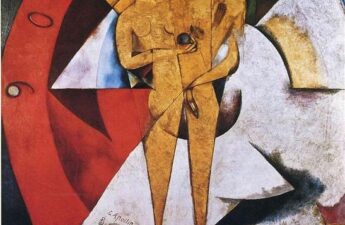“He who fears he shall suffer, already suffers what he fears.”
Michel de Montaigne, 1570-1592, The Complete Essays

We all know the function of fear. It is a stimulus, a disruption, a disturbance, to alert us to a danger.
It’s a survival instinct, a warning of risk. But we also know that fear can take on a life of its own. When fear takes over and goes beyond its natural, practical function, it is never in proportion to what we are fearful of. It’s a consuming emotion that takes charge of our mind, running through every channel and filling every nook. Imagine looking through a fisheye lens; what we fear takes centre focus, enlarged and distorted while all else fades into the background. It is not an easy emotion to shift, but experiencing it, and our response to it, is always a defining moment.
Overcoming fear is one of the most character-building and reinforcing tasks we can embark on.
It’s why every hero has to experience the frightening, and why every story has a hero. It is a challenge and potential triumph we can all engage with. There are many ways people overcome their fear. In dealing with fear, the Stoic philosophers, for example, believed in ‘Premeditatio malorum’- The Premeditation of Evils. They believed that we should focus on what we are fearful of, imagine the worst possible outcome and immerse ourselves in it. Then, we start thinking about what we could do to prevent it or manage it. We cognitively start taking steps to coping with the worst possible outcome. In doing so, we release our fear of anticipation.
“…nothing happens to a wise man against his expectation.”
Seneca, 49- 62 A.D, On the Tranquillity of the Mind
Fear often brings the unpleasant addition of feeling weak and pitiful.
It is a surrendering emotion, in essence, filling us with self-doubt. Unless there is a real exterior treat to our safety, we are usually fearful of our own personal failures. We fear going on that date in case we disappoint, we fear the new job because we aren’t capable; we’re fearful of all the possible ways we could fail. In the mist of fear, possibilities become probabilities and we talk ourselves into certainties. We end up convincing ourselves of a scenario in which we will certainly fail and it will all fall into chaos. We create our very own abject fantasy; meanwhile, reality awaits, undetermined and awaiting instruction.
If we hold any pride, that feeling of weakness in fear is something that resonates with us for a long time.
In this, lies an answer to fighting fear. It has often been said, but is rarely remembered, that courage is not the absence of fear, but the triumph over it. To show courage isn’t possible without feeling fear. Fear is always a unique opportunity to be courageous. Once we realise this, we also realise that every time we run from what we fear, we are being cowardly. This is not something that sits comfortably with most people.
“Bran thought about it. ‘Can a man still be brave if he’s afraid?’
‘That is the only time a man can be brave,’ his father told him.”George R.R. Martin, 1996, A Game of Thrones
In times of over whelming fear, when we have worked ourselves into an intangible knot, it is helpful to think of our two options.
We can be courageous, or cowardly. And allow them to be so blunt. Faced with this explicit choice, very few of us could say ‘I choose to be a coward’. That is not our story. Our story is of honourable courage through moments of adversity, through fear. Our story must be a triumph, or else it is a defeat and our fear has actually become a reality. Adopt a duty to courage and it will serve us immeasurably.
“Cowards die many times before their deaths;
The valiant never taste of death but once.”William Shakespeare, Julius Caesar (1599), Act II, scene 2.





1 thought on “The Function of Fear”